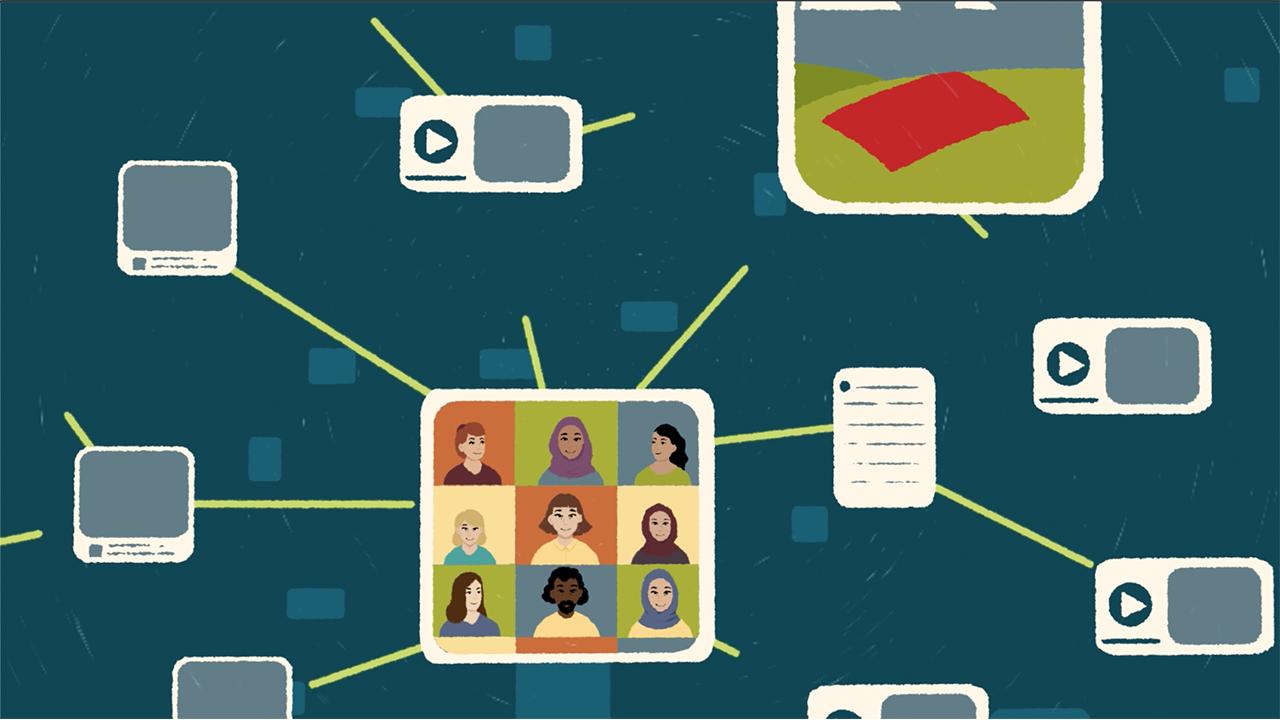A Note for Educators
You are welcome to use the #Interfaith curriculum in any way that you would like. You might integrate content from the curriculum into your own courses. You might utilize just a lesson or two or choose to use the full curriculum. Another option is to have your students access the course directly (and learn asynchronously). To access the course directly, students will need to register at ReligionAndPublicLife.org with a bio and a photo. (This is to ensure that all learners are actual people who are interested in learning together.) If you would like to view and manage your students’ participation, we are happy to assist in setting up a faculty account for you on the platform.
If you have questions about how to access or use #Interfaith with your learners, please contact Connie Meyer, Curriculum Development Consultant, at [email protected].


